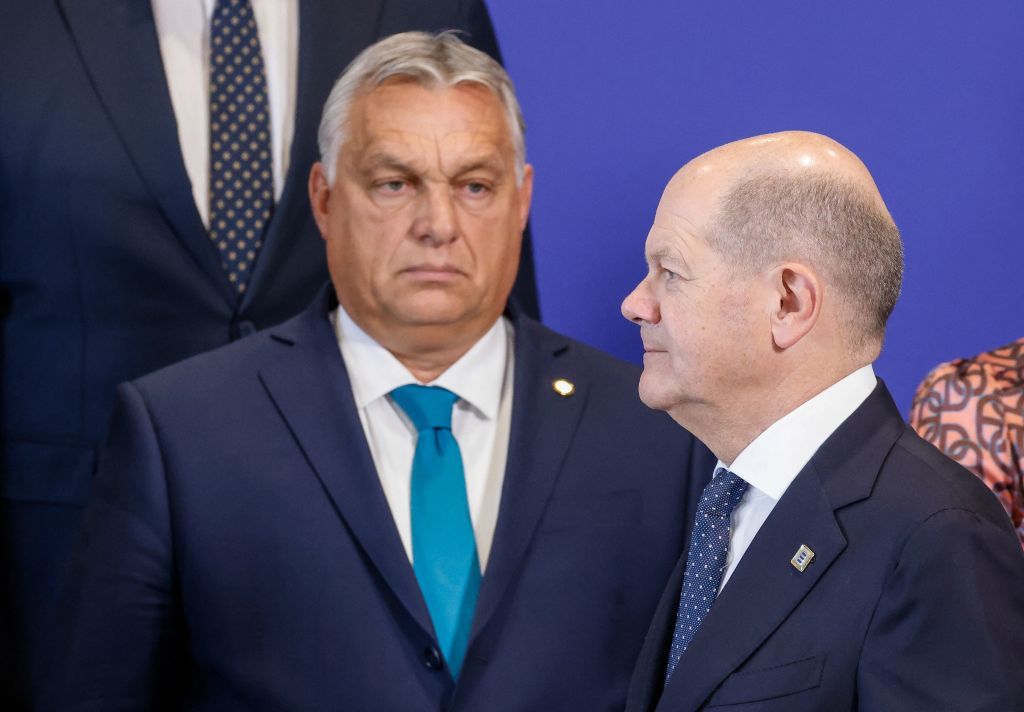US Treasury Secretary: Frozen Russian assets are no substitute for Ukraine aid

Any plan to seize or monetize frozen Russian assets to help Ukraine can not be considered a substitute for emergency Ukraine aid that has been stalled in Congress, U.S. Treasury Secretary Janet Yellen said in an interview, as reported by Bloomberg on March 1.
A $95 billion supplemental funding bill that includes around $60 billion for Ukraine has been held up for months due to U.S. domestic political turmoil.
The U.S. Senate passed the foreign aid bill on Feb. 13, but House Speaker Mike Johnson has not yet put it to a vote in Congress's lower chamber, despite the pressure from the Senate and the White House.
“I don’t see a real substitute for Congress providing Ukraine the aid it needs this year,” Yellen said, as cited by Bloomberg. “I don’t think anyone can fill that gap.”
Though the European Union has committed “very meaningful financing" for Ukraine and Japan has also contributed, “the total just doesn’t seem like enough,” Yellen said.
These funds can help the country to manage in the near future while Kyiv is waiting for more comprehensive assistance, she added.
Western countries and other partners immobilized around $300 billion of the Russian Central Bank's assets at the beginning of the full-scale invasion.
Yellen said on Feb. 27 that unlocking frozen Russian Central Bank assets and diverting those funds to aid Ukraine is "necessary and urgent."
Debates over the legality of channeling these funds into Ukraine's reconstruction have prevented allies from transferring the money, but ongoing delays in U.S. military aid have prompted heightened urgency.
Ten international legal experts recently signed a letter echoing Yellen's sentiments, arguing that the seizure of frozen Russian central bank assets to aid Ukraine would be lawful given Russia's "ongoing breach of the most fundamental rules of international law."
The U.S. Senate Foreign Relations Committee approved a bill on Jan. 25 that would allow Washington to confiscate and transfer frozen Russian assets. The White House is reportedly behind the bill, which could potentially provide a novel solution to the current funding impasse in Congress.














